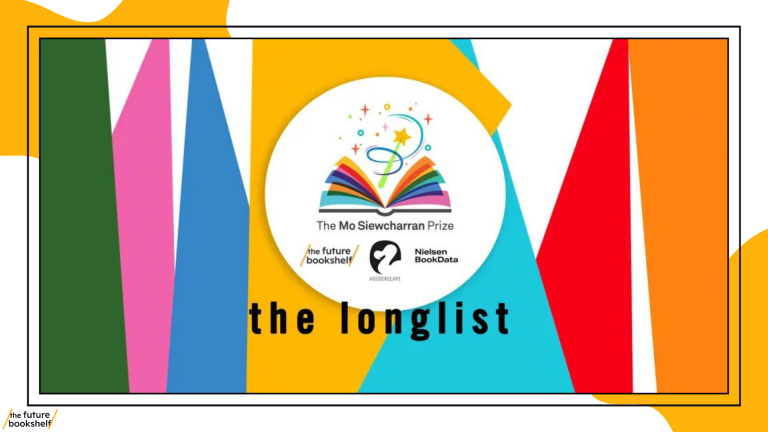Writing and Self-Doubt

In my experience, the most difficult part of writing is self-doubt. I find it impossible to write more than a few paragraphs when there is a voice in my head telling me that my writing is bad, that no one else will ever care about it and that I am wasting my time. Writing is strange in that you spend so much time working alone, and there is often a large chunk of time between getting your writing down and receiving feedback from readers. I think that lots of people never finish their novels or poems or story collections because self-doubt takes over. I think the feeling is produced by the hierarchies we live in and the kinds of voices that are given platforms, and that combatting it requires systemic change, but there are some small things I have learned which can help to stop it from taking over.
- Don’t re-read (yet)
When writing a novel or a long piece of work, I find that if I stop and try to edit too early, I end up resenting everything I have written and giving up in frustration. I find it very useful to write and write and write until I have a substantial body of work, before going back and re-reading it. There will be some bits that are awful, but there will also be some gold – and the more I have written, the easier it is to keep the good parts and get rid of the bad.
- Have a small ‘test’ readership
I find it difficult to show people pieces I have written when they are very new, because they feel very close to my most raw self. Some of my friends find it useful to have constant feedback on their work (and this can be very helpful, if you have a couple of close and trusted readers), but I tend to be very secretive about what I am writing until it feels ready. I find keeping a blog or a Tinyletter a good way to let go of my writing a little bit, and release it to a small readership, whether real or imagined (it doesn’t really matter). Putting little bits of my work on the internet makes me feel as though I am moving in some kind of direction and feels more tangible than a sprawling, secret folder on my desktop.
- Find (or create) a literary community
Writing is solitary and emotional and it is very important to me to surround myself with people who understand that and who are willing to talk about it. Any kind of art practice is difficult in that you are probably doing it alongside another job, you don’t know where it is heading and it requires a lot of self-motivation. Having friends who are musicians, or film-makers, or painters, who understand these kinds of ideas, has been vital to my work as a writer. If you don’t know anyone else who writes or makes art (and I didn’t for a while) it is good to join short courses or go to screenings and talks or gigs. There is also a big literary community on the internet, and somewhere like Twitter is a good place to find people who are interested in the same kind of writing as you.
- Perform your work (or listen to others perform theirs)
When I start to feel like writing is meaningless or too solitary, I find that attending readings, either as a listener or a speaker, helps me to remember why it is important. Writing is ultimately about connection, although so much of it happens alone, but I find that being in a room with people talking about their work makes me feel excited about it again.
- Avoid social media
While the internet can be a great platform and a valuable source for learning about new writers and reading articles, browsing Twitter and Instagram when you are trying to write produces crippling self-doubt. Writing requires you to listen to your inner self, which is difficult when there are thousands of other people shouting from your screen or the palm of your hand. People Tweet about how many words they have written in a day or how many books they have read, which is very exhausting when you are trying to focus on your own work.
- Remember that publication doesn’t necessarily mean quality
Publishing work, either in print or online, is often to do with the moment in which you are writing, news cycles, tone, topics or themes of a particular issue, similar stories that might have recently been pitched, or stories that have been run in the past. If your work is rejected it doesn’t mean that it is bad, it often means that it doesn’t quite fit with the publication.
- Write for yourself
I find that my best work comes when I am trying to work something out for myself. I begin with a question, or a feeling, and I am writing my way around it. When I write this way, it feels vital and necessary and it doesn’t matter to me who will read it or whether it has any value in the world; it has value to me, and that is the most important.





